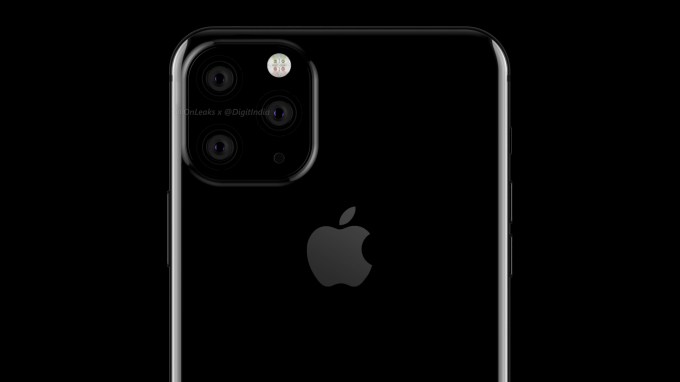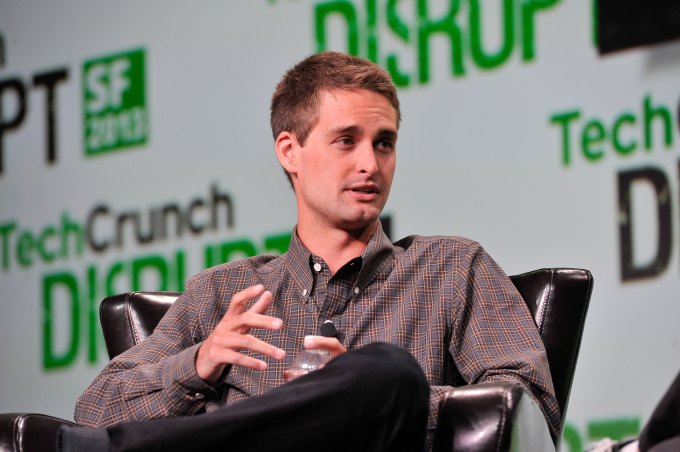Hello subscribers. This is Week-in-Review, where I give a heavy amount of analysis and/or rambling thoughts on one story while scouring the rest of the hundreds of stories that emerged on TechCrunch this week to surface my favorites for your reading pleasure.
Last week, I talked about Apple’s Siri apology.

The big story
For all that Facebook has been experimenting with and exploring as of late, the launch of Facebook Dating is one feature that feels pretty integral to their DNA. Facebook already piloted relationship statuses and added another step to the dating process, now they’re trying to enable those relationships in the first place.
The biggest threat to Facebook’s dating play (which launched in the United States this week) is that people aren’t using Facebook the same way that they did ten or fifteen years ago. Facebook very well could have missed the boat.
People grumbled when Messenger was spun out of the core Facebook app, but as the app became more about media consumption, actions like visiting friends’ profiles became more about browsing than interacting. Facebook was once the ideal space for an app like this, but it might be a bit less natural of a home compared to apps like Messenger where most communication happens.
Facebook has more than just new user habits to contend with. The company isn’t blazing the trail here, they have a whole mess of contending apps to take on, though interestingly there are only a couple competing conglomerates they need to neutralize given the pretty extreme consolidation in the dating app scene.
Entrepreneurs aligned with Match Group seem to see Facebook trying to ship a one-sized fits all solution for an industry that has proven to need several platforms of varying niches. So, the questions are how broad of an audience Facebook can find and whether they’ll go out of their way to pursue different modes to appeal to what other apps have already gleamed from the market.
Facebook’s clearest advantage is that it already has a directory of most of the people that you know and it can leverage that network for things like its “secret crush” feature that lets you list friends of yours that you’re interested in and can make a connection if one of those Facebook friends feels the same way.
We’ll see soon whether Facebook’s play is coming too late or right on time.
Send me feedback
on Twitter @lucasmtny or email
lucas@techcrunch.com
On to the rest of the week’s news.

Trends of the week
Here are a few big news items from big companies, with green links to all the sweet, sweet added context:
- Samsung’s Galaxy Fold is aiming for a triumphant relaunch
Samsung’s biggest fiasco since the Note 7 is ready for another go. The company announced this week that it’s ready to relaunch its $2,000 folding phone in Korea and plans to release the US version in the coming weeks. Read more here. - Facebook looks at removing like counts
User-visible metrics have made the social media world go ’round but there are some questions about how healthy it is to constantly be judging what you share about yourself based on getting likes and shares. Facebook is experimenting a bit with taking like counts off of posts. Read more here.

What to expect at the 9/10 iPhone event
- Apple is launching its latest iPhone models this week and we have some pretty decent ideas of what we’re going to see. It’s the third-year of the iPhone X cycle so we’re not expecting a full revamp, just some iterative updates, most of which we’re expecting to show up in a redesigned camera. Check out my colleague Brian Heater’s story for all of what he’s expecting at the event.
GAFA Gaffes
How did the top tech companies screw up this week? This clearly needs its own section, in order of badness:
- Hundreds of millions of Facebook user phone numbers scraped:
[A huge database of Facebook users’ phone numbers found online] - YouTube gets a smaller-than-expected fine:
[FTC fines YouTube $170M over COPPA violations] - Amazon Ring gets some heat:
[US Senator demands answers from Amazon Ring over its police partnerships] - More Facebook antitrust news:
[New York AG will lead antitrust investigation into Facebook]

Extra Crunch
Our premium subscription service had another week of interesting deep dives. We published a roadmap for entrepreneurs trying to make the most of the data that they have.
How early stage startups can use data effectively
“…There are good and bad ways for startups to use data. In my opinion, the bad way unfortunately is often preached on saas blogs, a/b test tool marketing pages, and especially growth hacker conferences: that by simply measuring and looking at data you’ll find simple things to do that will drive explosive growth. Silver bullets, if you will.
The good way is comparable to first principles thinking. Below the surface of your day to day results, your startup can be described by a set of numbers. It takes some work to discover these numbers, but once you have them you can use them to make predictions and spot underlying trends. If everyone in your company knows these numbers by heart, they will inevitably make better decisions…”

(Photo by Steve Jennings/Getty Images for TechCrunch)
Disrupt SF
Our biggest event of the year is right around the corner and we’re bringing in some of the most important figures in the tech industry. Here’s who’s coming to Disrupt SF 2019.
- Lockheed Martin CEO Marillyn Hewson joins Disrupt SF to talk about US crewed spaceflight
- DuckDuckGo founder Gabriel Weinberg is coming to Disrupt
In addition to taking in the great line-up of speakers, you can roam around Startup Alley to catch the more than 1,000 companies showcasing their products and technologies. And of course the Startup Battlefield competition that launched the likes of Dropbox, Cloudflare and Mint will once again be one of the biggest highlights of Disrupt SF.
Sign up for more newsletters in your inbox (including this one) here.
Source: Tech Crunch


